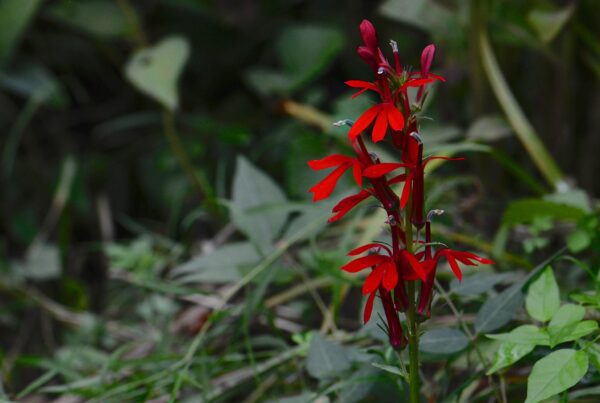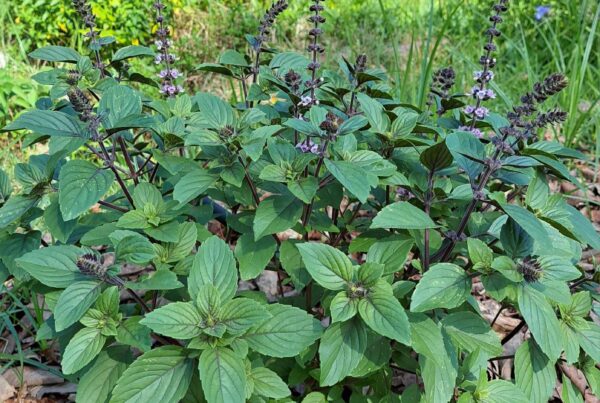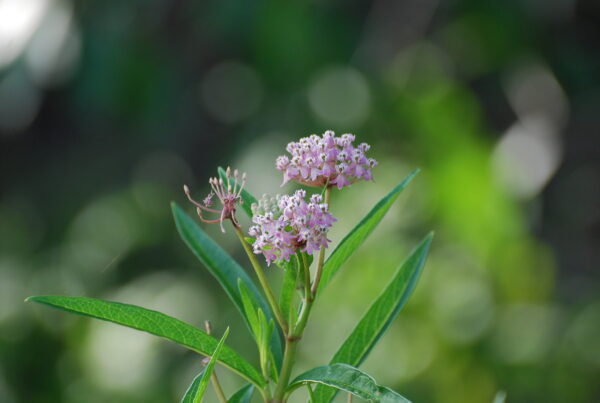Many of our Florida trees lose their leaves at different times throughout the year. Deciduous trees like maple, sweetgum and cypress drop their leaves in cooler weather. Others like oaks and magnolias shed leaves throughout the year. Even “evergreen” pine trees drop some of their needles seasonally. These fallen leaves are called “leaf litter” and offer plenty of benefits to the soil and native wildlife!
Leaves on the forest floor break down, thanks to the work of invertebrates and microorganisms, and provide nutrients to the soil. The same process happens in our yards and gardens if we leave some leaf mulch or leaf litter in garden beds and around shrubs and trees. Healthy plants need healthy soil with the right nutrients, and decomposing leaves are a critical part of the process. Leaf litter also protects plant roots, regulates soil moisture and temperature, and does it as well as mulch from the garden center!
Leaf litter can be very high in biodiversity. Frogs, toads, salamanders, skinks, spiders, slugs, worms, and other small invertebrates all live in leaf litter. Many of these critters help control pest insects. Certain moths and butterflies spend all or part of their lives in leaf litter. Unfortunately, many of these species are in decline due to loss of habitat; clearing yards of leaf litter plays a large role in this decline. These critters are an essential part of the food web for native wildlife and part of a healthy ecosystem.
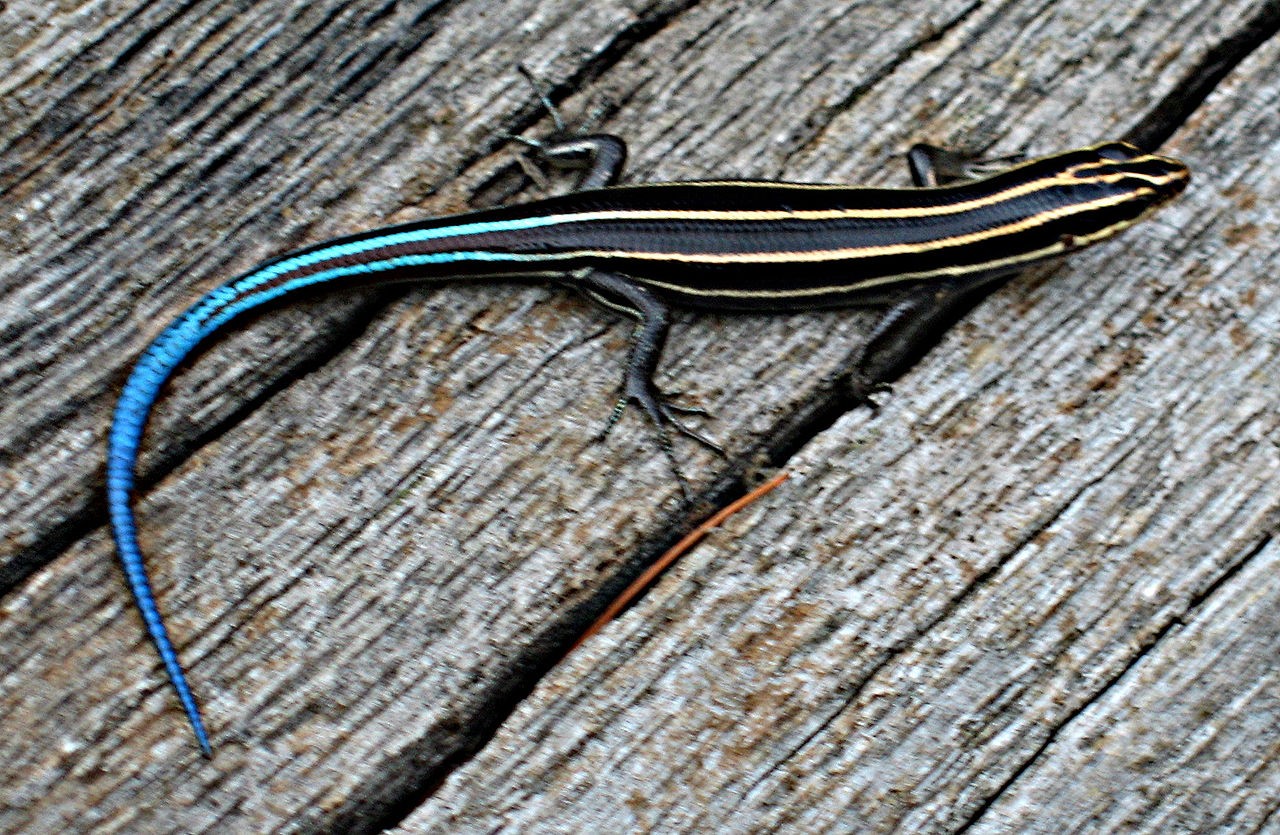
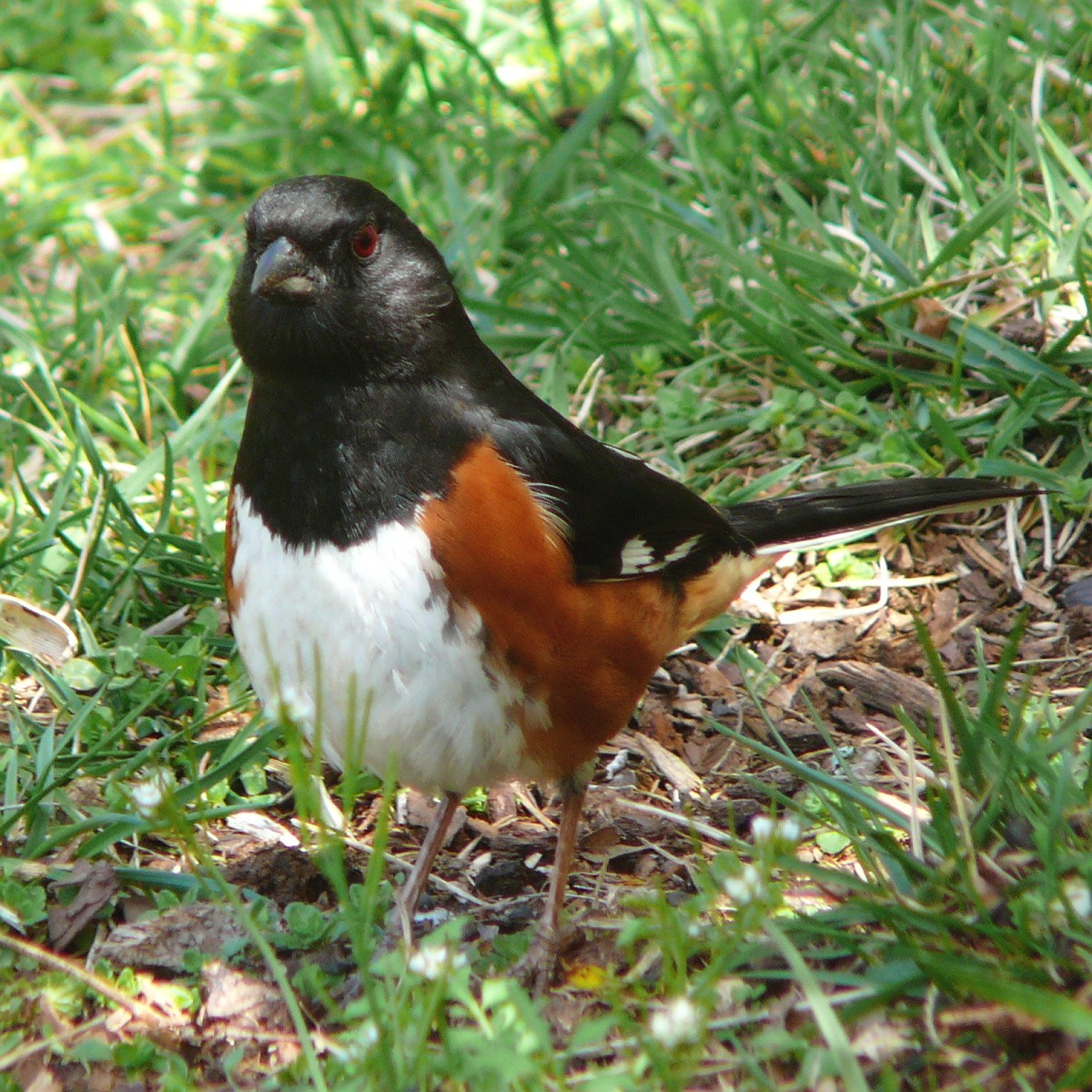
Backyard birds forage in the leaves for insects that are diet staples. Cardinals, doves, sparrows, thrashers, towhees and others spend some or most of their time feeding in the leaf litter. Nesting birds use some of this material to build nests and fallen leaves can help shelter fledglings on the ground.
Leaving our leaves, using them for mulch in garden beds and around shrubs and trees, helps the plants flourish, benefits the environment and goes a long way toward making our yards wildlife refuges. Garden as though life depends on it – because it does! Small changes in our gardens add up to big benefits for our local wildlife.



